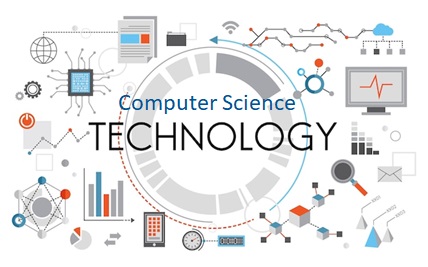The Changing Role of CS in a Fast-Moving Tech World
CS degrees have been the traditional gateway into programming and software development roles. However, the tech landscape is shifting rapidly, making many question whether a formal CS education is essential for solving today’s real-world problems.
AI and no-code platforms are empowering programmers—and non-programmers alike—to deliver results faster without deep theoretical knowledge. These changes are prompting organizations to rethink the value of a CS degree when hiring tech talent.

How AI and No-Code Tools are Redefining Programming
Large Language Models (LLMs) like GPT have transformed programming by handling much of the heavy lifting. Developers now spend less time diving into documentation or memorizing complex data structures. Instead, AI tools suggest the right solutions, generate code snippets in multiple languages, and accelerate project completion. This means a few semester-long courses on data structures or algorithms can often be bypassed with AI assistance.
Similarly, no-code and low-code tools are growing more powerful. They allow building apps, automations, and websites with minimal hand-coding. As these tools mature, they reduce the need for deep programming expertise for many business needs. Programmers become more like curators and problem solvers than traditional coders.
The Gap Between Theory and Practice
CS degrees often focus on theoretical concepts such as NP-completeness, Turing machines, and formal proofs. While these ideas are elegant and intellectually stimulating, they can confuse or distract when the goal is simply to deliver working software quickly.
In reality, many problems labeled as “hard” in theory are solvable with practical heuristics. For example, database normalization is a classic theory taught extensively, but developers often “denormalize” data for better performance. This shows how academic models sometimes clash with everyday software engineering realities.
Even academic programming languages or fancy theoretical constructs rarely see real-world adoption. Companies like Google deliberately choose simple languages (like Go) that teams can learn quickly and use effectively, avoiding unnecessary complexity.
Why Many CS Professors Are Out of Touch with Coding Today


Most CS programs also underrepresent modern technologies such as React, Node.js, cloud platforms, or emerging AI frameworks—tools dominating the daily work of most developers.
The Rise of Non-CS Backgrounds in Tech
Increasingly, companies hire people from diverse quantitative backgrounds—physics, mathematics, accounting—who bring strong problem-solving skills without a CS degree. With motivation and AI tools, these hires quickly pick up necessary programming details and often prove more practical and adaptable.
Many firms now value certifications, project portfolios, or hands-on experience as much or more than formal CS degrees, reflecting the demand for immediate, results-driven skills over deep theoretical knowledge.
Also Read: Revolutionary Realme Interchangeable Lens Concept Stuns at MWC 2025
Conclusion
While computer science as a discipline has delivered foundational knowledge, its direct applicability in day-to-day programming is evolving. AI, no-code tools, and shifting industry priorities have made practical skills and adaptability more valuable than ever. For organizations seeking programmers who can deliver real results quickly, the CS degree is no longer the only path—and sometimes not even the best one.


